THE SETOUCHI
OLIVE
FOUNDATION


The Setouchi Olive Foundation is a not-for-profit organization established by world-renowned architect Tadao Ando and Kohei Nakabo, the attorney who led the defense team in the Teshima Incident in the 1990s, which was to be the largest illegal dumping of hazardous industrial waste in Japan. The activities which were launched by the foundation in 2000 are still ongoing and have generated ample positive results.
We started placing fundraising boxes for the foundation in our stores in 2001, and UNIQLO and GU continue to support the foundation today.
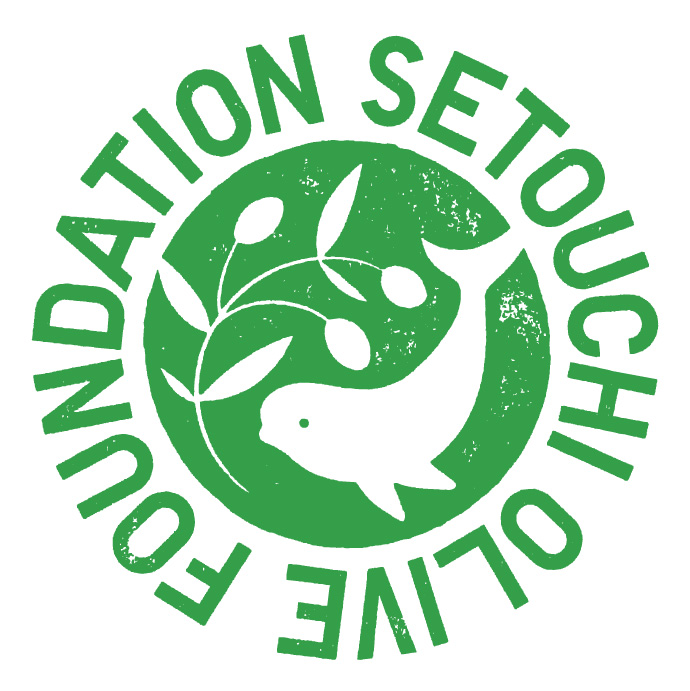
Why olive trees and the finless porpoise?
The olive tree represents the twenty years to date
When the foundation was established to galvanize the power of the local community and create a sustainable future, donations came streaming in from all over the country. This money was used in part to inspire greening activities, starting with the planting of olive trees around Leura Port, the gateway to Teshima island, and the national park, which suffered environmental damage caused by the illegal dumping of hazardous waste. In the language of flowers, the olive tree, which is also the representative tree of Kagawa Prefecture, symbolizes peace and wisdom. After a 25-year battle, the foundation wanted to protect the peace that had finally come to the area, share wisdom among the various organizations and citizens engaged in environmental protection activities in the Setouchi region, and pass on a beautiful hometown landscape to future generations. The olive tree embodies those sentiments.
The finless porpoise represents the twenty years to come
The finless porpoise is an aquatic mammal similar to the dolphin that lives in the Seto Inland Sea. The species disappeared from the area as a result of the deterioration in the natural environment, but has recently started to return. The finless porpoise is said to sit at the top of the food chain in the Seto Inland Sea, so any pollutants would have easily accumulated in its body. In short, they are the symbol of the rich nature of the Seto Inland Sea, and being able to see many porpoises swimming around the area once again would serve as proof of the ocean’s restored bounty. We must tackle the problem of marine waste in earnest if we are to achieve such a future. The finless porpoise illustrates that strong determination.
Foundation achievements through end December 2024
Total
funds raised:
419,974,391
yen
Number of
trees planted:
174,287
Supporting Projects Through Fundraising
Donations from customers are used to support various activities designed to protect the beautiful hometown environment and the sea.
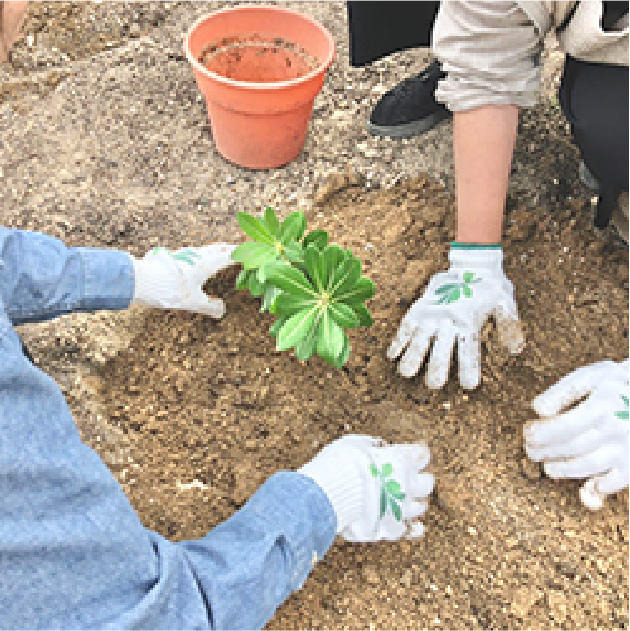
Supporting the Bountiful Hometown 100-year Project
This long-term project seeks to proactively replenish and protect the vegetation of the Setonaikai National Park, which was devastated by the illegal hazardous waste dumping, and return the area to its original bountiful state. It is called the 100-year project because it will have to be pursued by several generations.
Eliminating non-native species, improving the environment
In addition to removing non-native plant species that were threatening the original ecosystem, this movement seeks to create an environment that supports the growth of more suitable trees by selecting trees, primarily olive trees, that suit the land in each area and planting saplings. Since 2004, a total of 1,500 UNIQLO and GU employee volunteers have worked with local elementary and junior-high school students and soil experts to remove the non-native plants and improve the land environment. The land, which had become a desolated jungle, has been tidied and developed to the extent that you can even see the sea.
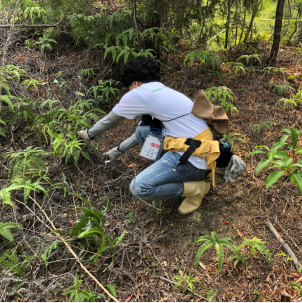
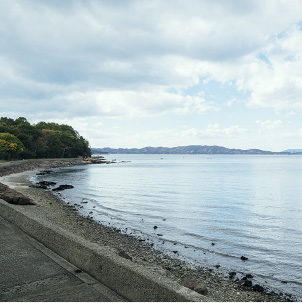
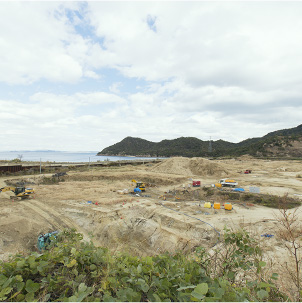
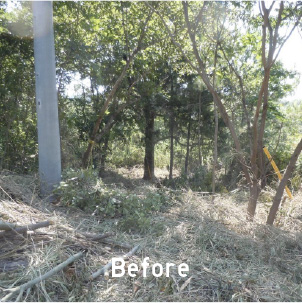
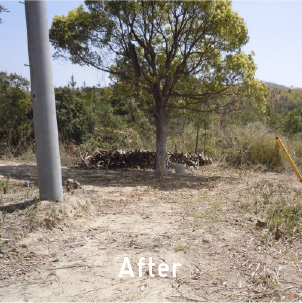
Selecting and planting the trees
In the past, local residents didn’t view cherry blossoms in the traditional flower viewing season but rhododendron reticulata, or netted azalea. That species was very popular in the area but the seeds were so small and difficult to grow that the number of trees declined. At that time, the foundation asked Okayama University to grow saplings from seed, which are then passed on to local elementary school pupils who water them every day for a year. The flourishing young trees are then planted on the developed land and become an integral part of beautiful Setouchi nature.
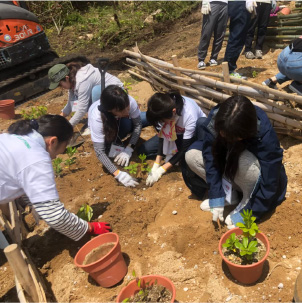
Learn more about this activity
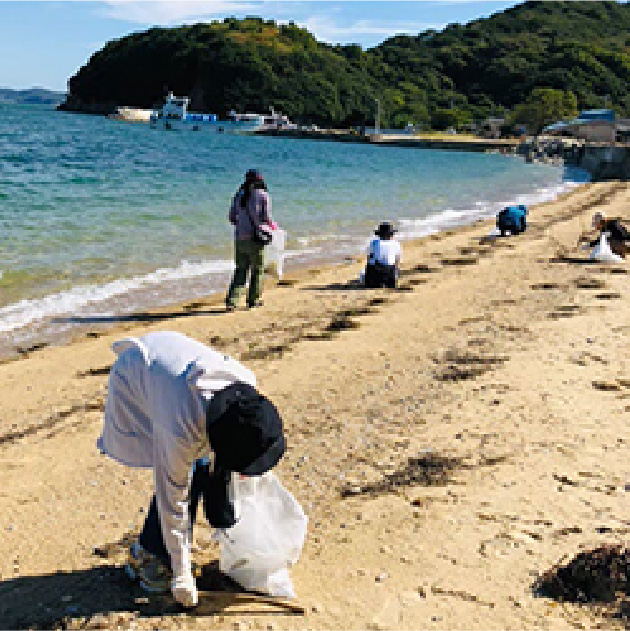
Supporting the Bountiful Sea Project
Today, marine plastic waste has become a significant issue on a global scale. Marine pollution doesn’t just pollute our oceans. It deprives living things that inhabit the sea of their habitat and life essence, and is also thought to impact humans who eat marine products containing harmful ingested substances. UNIQLO supports local participatory activities that focus on suppressing the generation of marine waste, which is thought to exceed eight million tons a year, and collecting waste that has flowed into the sea.
Leader Training Program
Since 2009, the Setouchi Olive Foundation has been working with Takamatsu City’s four fishing cooperatives to tackle the large quantities of waste that has sunk down to the sea floor. Recognizing the increasing gravity of the marine plastic waste problem, the foundation started a full-scale, direct-controlled project in 2019. Given there are many environmental organizations interested in the sea in the Setouchi area, the foundation has begun training leaders who can promote the project in order to encourage joint cooperation and expand activities into an even larger, more widely known operation.
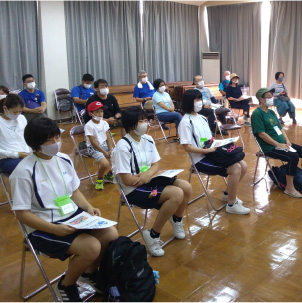
Holding “SpoGOMI” Trash Collection Sports Events
In 2020, SpoGOMI trash collection sports events were held in Imabari City, Okayama city, Uwajima City, Uwajima City, Takamatsu City, and Shodo Island. In 2021, the Setouchi Olive Foundation also participated in SpoGOMI x UNIQLO events that were held in Takamatsu and Kyoto. All those who took part were given some olive oil as a present. Takamatsu also held Teshima study tours for university students, where they were able to learn the true extent of increasingly severe marine waste even in the Seto Inland Sea.
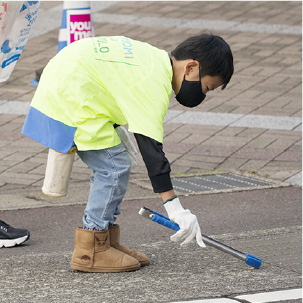
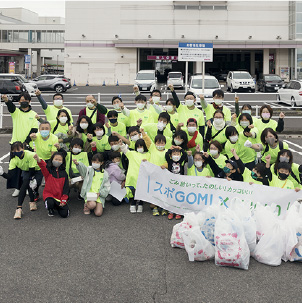
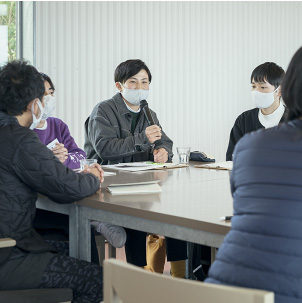
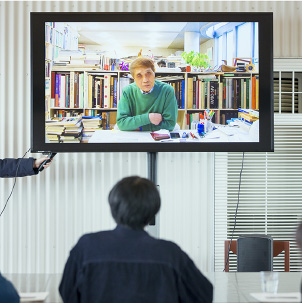
Learn more about this activity
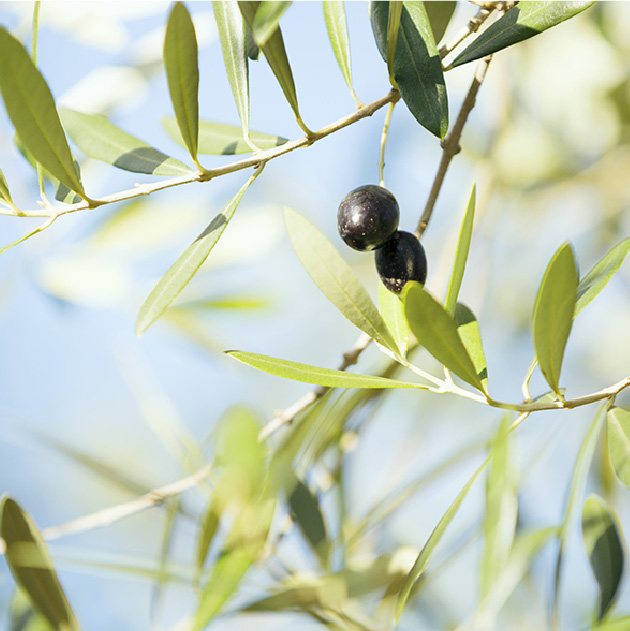
Olive Trees Cultivated in Teshima
The original aim of the Setouchi Olive Foundation was to plant olive trees to help restore the natural environment that had been destroyed by the illegal dumping of hazardous waste. However, it is not just a question of planting the trees. Once planted, the young olive trees need to be lovingly managed by human hands. The Setouchi Olive Foundation is currently managing roughly 600 olive trees with the cooperation of local residents.
The Long-awaited Harvest
Olive trees like airy, dry land and they can very quickly get sick and wither if they are not managed with specialist care. Local residents and staff from the foundation secretariat have joined forces to continue to care for the olive trees, supported by advice from Kagawa Prefecture. Finally, ten years after the trees had been planted, the local team was able to enjoy a stable olive harvest.
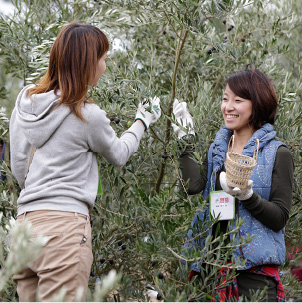
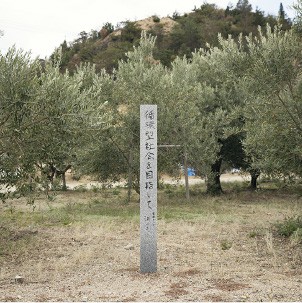
Selling Olive Oil
Teshima currently boasts an annual olive harvest of roughly 3 tons. It makes its own olive oil, which is sold as food products, beauty products, and soap, and also to tourists in local souvenir shops. Teshima started selling its much acclaimed extra virgin olive oil in 2021.
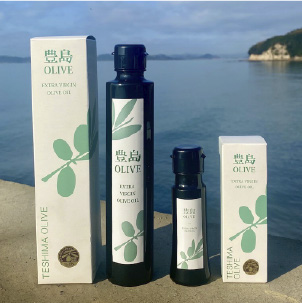
Learn more about this activity
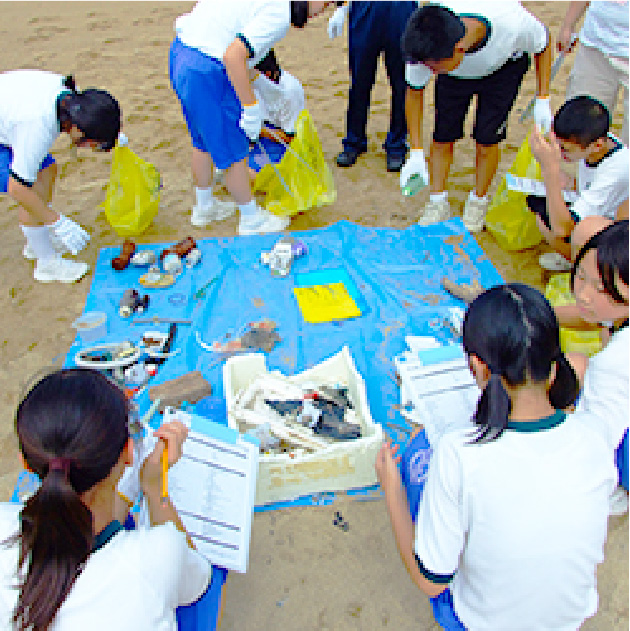
Grants
The Seto Inland Sea has helped foster a culture and industry based on maritime trade and has provided marine products to the inhabitants of the local islands and coastal areas for 10,000 years. It is one of the world’s few enclosed coastal areas and the first national park in Japan, a country which boasts many beautiful islands. The Setouchi Olive Foundation extends grants to environmental protection organizations in the Seto Inland Sea area.
Most Viewed Contents
-
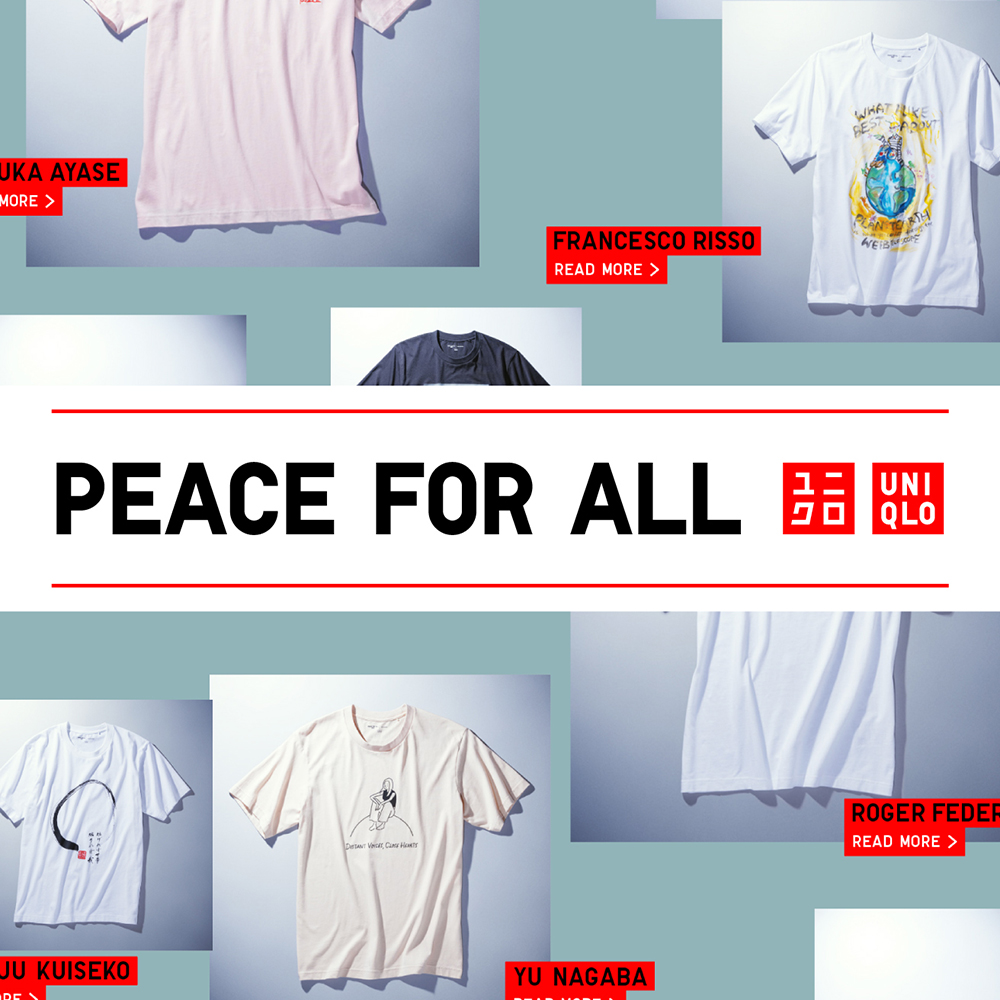
PEACE FOR ALL
A SINGLE T-SHIRT HAS THE POWER TO SPREAD PEACE. “It’s time for action, in the name of world peace.” Major figures who share this vision with...
Read More
-
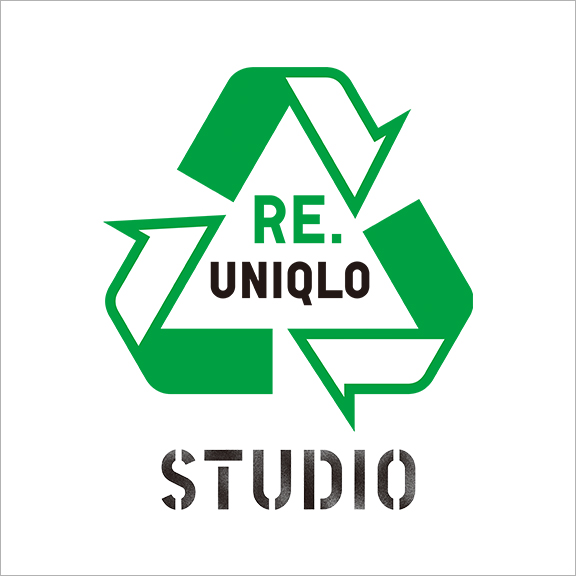
RE.UNIQLO STUDIO
Your UNIQLO clothes have a long life ahead of them. We're creating something positive for the future by keeping UNIQLO items in circulation....
Read More
-
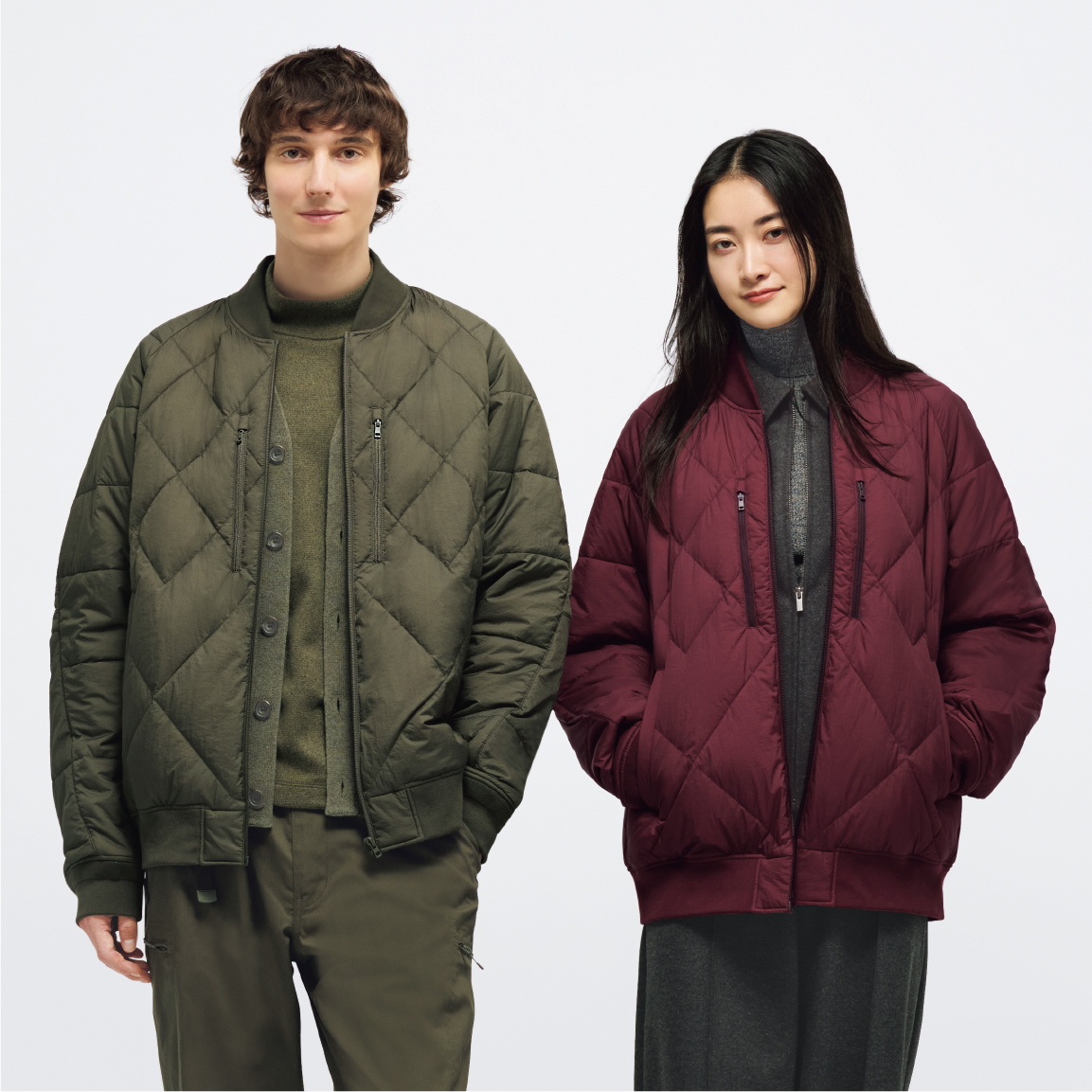
UNIQLO DOWN RECYCLE
Recycling clothes into clothes, UNIQLO’s latest challenge that opens up new links between people, clothing, and the global environment. We are...
Read More
-
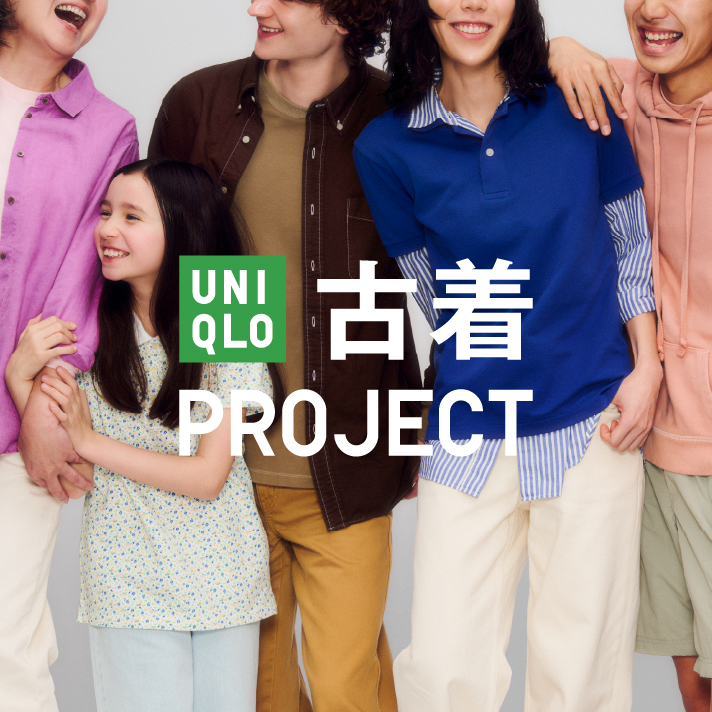
UNIQLO PRE-OWNED CLOTHES PROJECT by RE.UNIQLO
Once you’ve made the most of your clothes, it’s time to recycle. RE.UNIQLO is working towards a circular society by selling pre-owned clothes.....
Read More
Recommended Contents
-

RE.UNIQLO
Can your old clothing improve the future? Yes! At UNIQLO, we recycle your used garments through our circular sustainability programs. Take our recycled down ini...
Read More
-
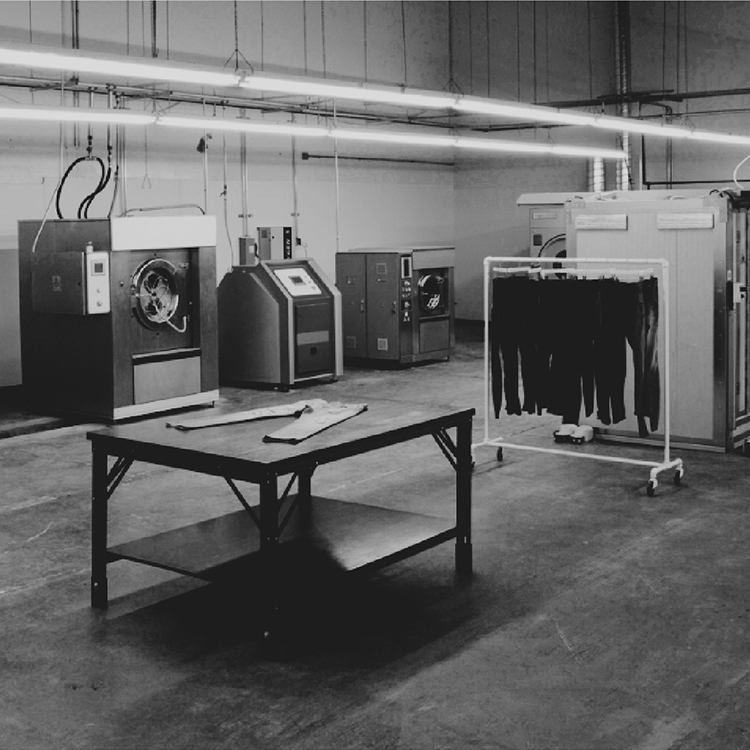
JEANS INNOVATION
At the JEANS INNOVATION CENTER in Los Angeles, California, UNIQLO is rethinking the way that jeans are made by updating the methods...
Read More
-
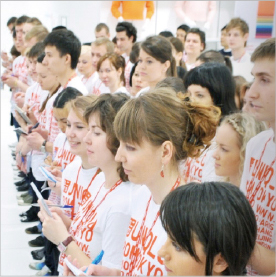
GENDER
All women should be able to pursue their dreams and forge a new tomorrow. We want to see women enjoy infinite possibilities. Believe in a world that enables wom...
Read More
-

PREPARING CLOTHES FOR AN EMERGENCY DISASTER
UNIQLO has aided disaster victims around the world over the past 20 years. It has learned in the process that few people prepare clothing kits for such emergencies...
Read More
Newest Contents
-

CLOTHING MADE FROM RECYCLED MATERIAL
Our ability to recycle materials is growing as recycling technology evolves. New clothes made by recycling limited resources are becoming increasingly visible in UNIQLO’s product line-up...
Read More
-

UNIQLO PRE-OWNED CLOTHES PROJECT
Once you’ve made the most of your clothes, it’s time to recycle. RE.UNIQLO is working towards a circular society by selling pre-owned clothes.....
Read More
-

JEANS INNOVATION
At the JEANS INNOVATION CENTER in Los Angeles, California, UNIQLO is rethinking the way that jeans are made by updating the methods...
Read More
-
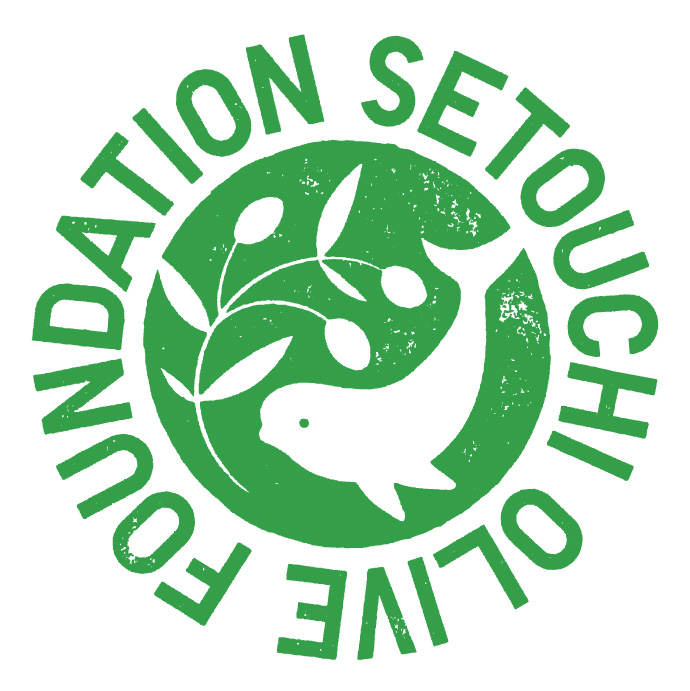
THE SETOUCHI OLIVE FOUNDATION
The Setouchi Olive Foundation is a not-for-profit organization established by world-renowned architect Tadao Ando and Kohei Nakabo....
Read More



